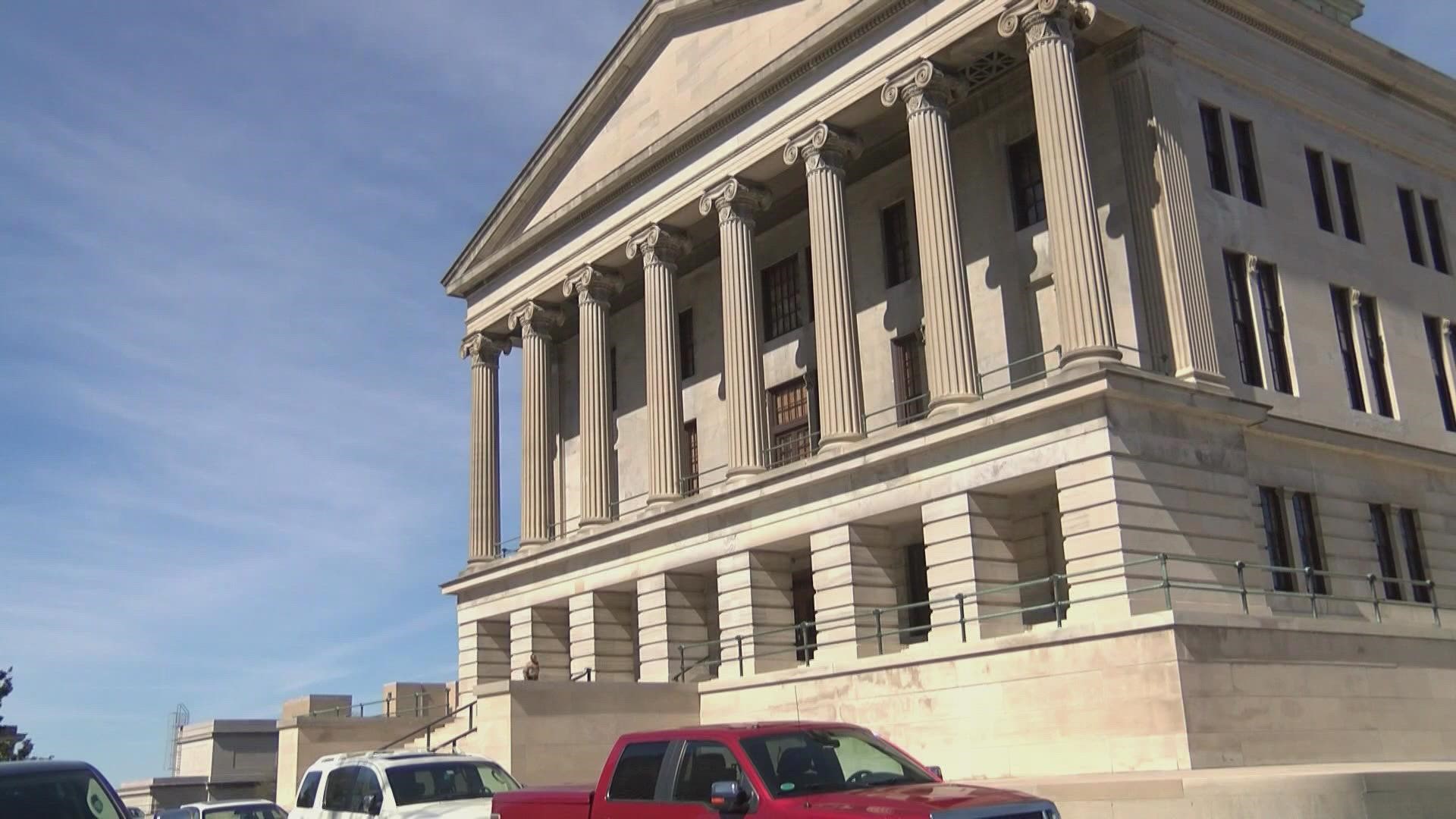NASHVILLE, Tenn. — The Tennessee constitution currently allows slavery as a criminal punishment in some cases. This was adopted more than 150 years ago, soon after the end of the Civil War which resulted in slaves being freed across the U.S.
Today, around ten states including Tennessee still have an exception in their state constitutions that say slavery is prohibited, but only if it's used to punish prisoners. While lawmakers said Tennessee doesn't often use this exception, it remains in the state's constitution.
Many lawmakers believe it may be time to change the language in the constitution and called for the document to be changed to ban slavery once and for all.
"I think this passing and getting rid of the exception is really important for the healing for those whose ancestors were previously enslaved," Sen. Raumesh Akbari said (D). "And certainly for those whose ancestors can be traced back to some of these prison institutions where they were in forced labor."
Akbari first introduced the bill in 2019. She said it's important because it can help people heal from one of the darkest chapters in this country's slavery — the institution of chattel slavery. The amendment was introduced as a way to re-enslave people who were emancipated after the war, sidestepping federal law to keep people in Tennessee in chains.
"Ones that we have to learn from and make sure that it never happens again. I mean, you had people being viewed in as, as equipment," Akbari said. "At one time in our history, it (the slavery exception) was being used to basically re-enslave those who had recently been emancipated."
This is one of the few times that an amendment finds bipartisan support.
"I'm definitely supporting Amendment Three. It's a good amendment," Sen. Becky Massey (R - Knoxville) said.
Massey said it's been a hurdle for the amendment to get on the ballot.
"They have a long process to work through to get to even be on on the ballot, and then there's a high bar to pass once it gets on the ballot," Massey said.
It has to get the majority of the total "yes" votes in the upcoming election for Governor.
"I think it's important that when people vote for Amendment Three, they also have to vote for gubernatorial candidate, whoever you choose," Akbari said. "It doesn't matter but you have to vote for Governor. Otherwise, your vote on any of the amendments does not count."
After November, Senator Akbari hopes it will be an opportunity for a new beginning.
"Let's start healing and having these difficult conversations around why it happened and why we can make sure it never happens again," Akbari said.

